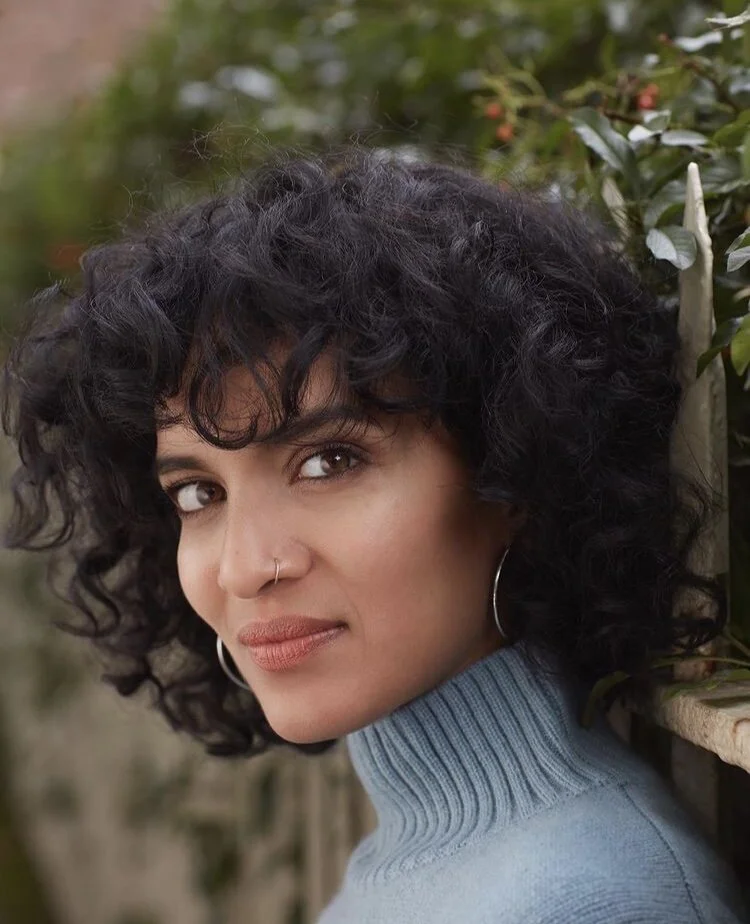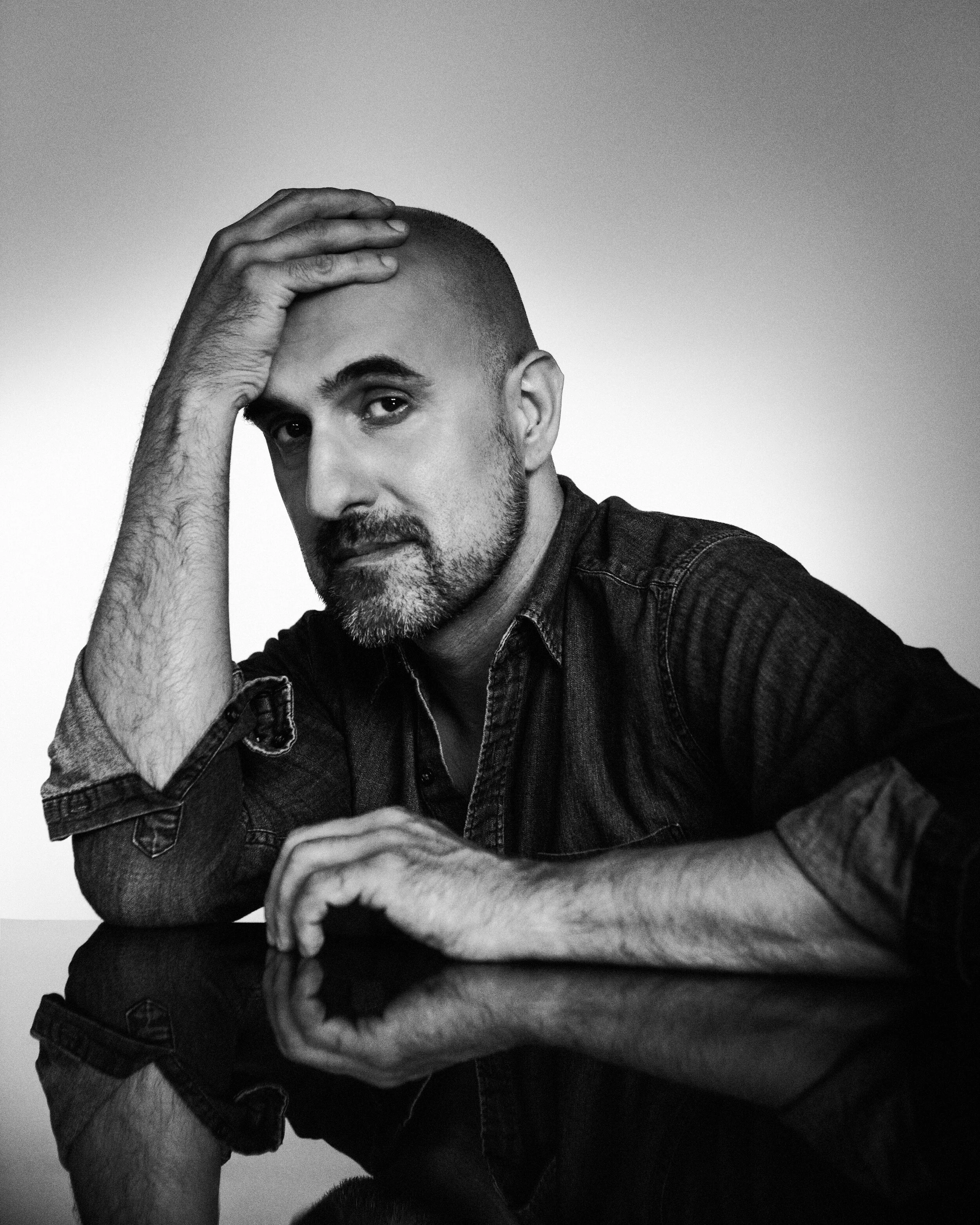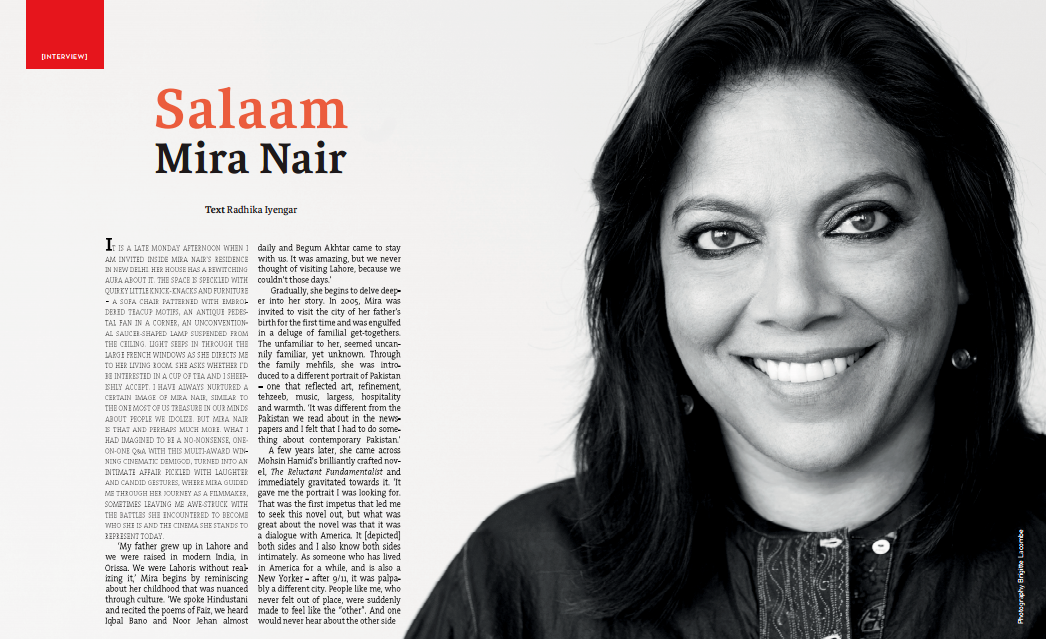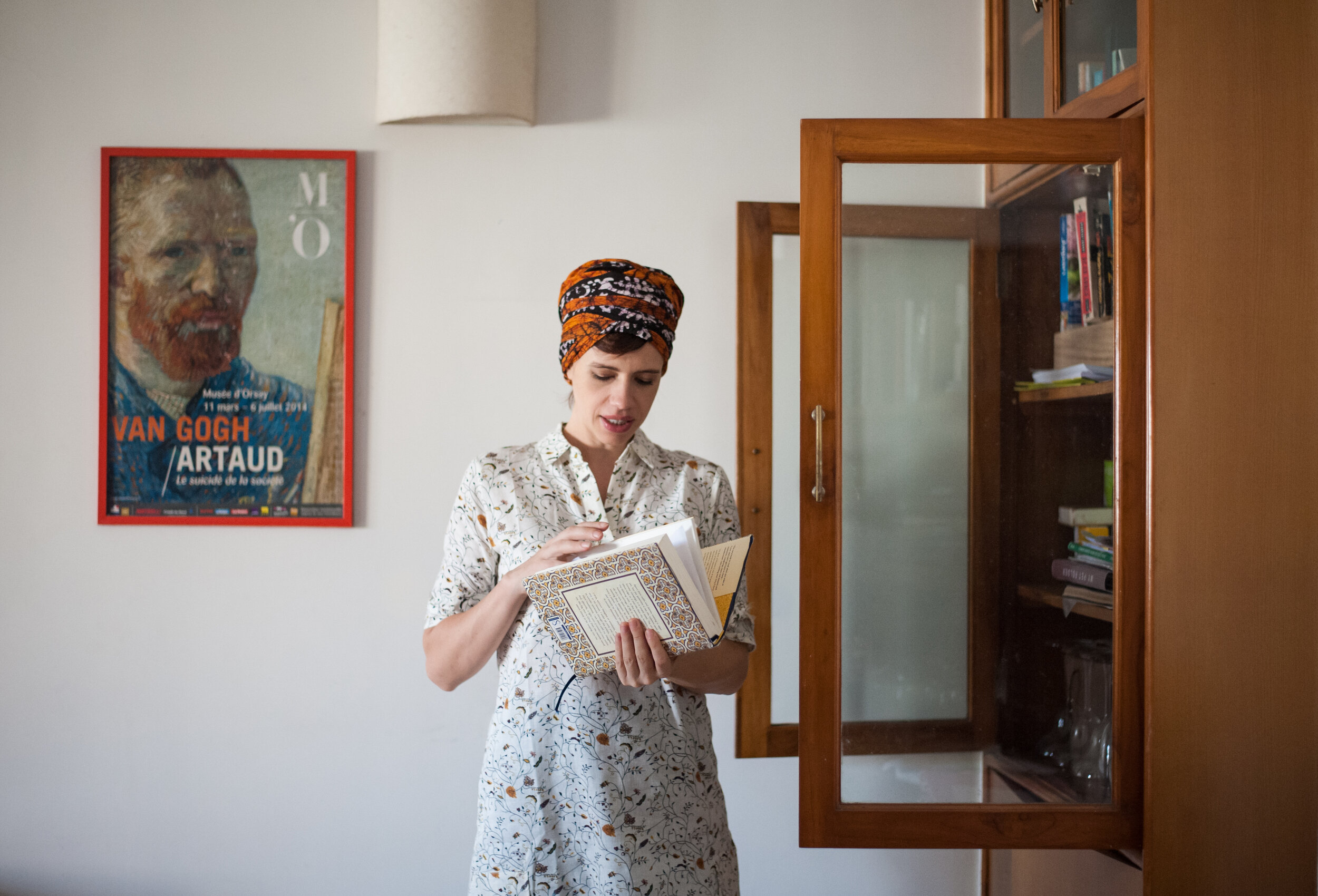Anoushka Shankar: On the myriad shades of love
This cover story was originally published in Platform magazine’s November 2020 issue. Cover image by Laura Penelope Lewis.
Sitarist, composer and producer, Anoushka Shankar’s new EP, ‘Love Letters’ is a meditative billet-doux to the world. ‘Love Letters’ emerged in the wake of a vital relationship coming undone. The emotions evoked are raw to the bone. The EP, which has been deservingly nominated for a Grammy, is layered with anger, pain and betrayal, hemmed in by a hope for personal healing. The music will resonate with anyone who has experienced the troughs of love, of fidelity gone awry, of living in its afterglow while attempting to piece one’s life back together.
Shankar’s sitar melodies are sinuous and poignant to a fault. The lyrics, modest in their being, sculpt a narrative that is grippingly honest. ‘Bright Eyes’ is steeped in anguish: ‘Does she feel younger than me, as you’re lying in your bed. Does she feel younger than me, or is that in my head?’
It’s beautifully balanced with ‘Lovable’, which is an anthem for celebrating the self and recognising one’s own light: ‘Am I still loveable, if you stop loving me? Hurling these seeds into a light of my own. Unfurling these leaves under a light of my own’. It’s a song where Anoushka lends her own voice for the first time. ‘Space’ is a sitar fusillade, revelling in self-reliance and resilience: ‘Now there is space for me, no more space for you’.
There is a great deal of ‘female energy’ pulsating through the songs, owing to Shankar collaborating largely with fellow female artists, including singer-songwriter Alev Lenz, songstress Shilpa Rao, double bassist Nina Harries and the Afro-French Cuban duo, Ibeyi. It gestures back to how women come together in solidarity, expressing sisterhood in the midst of an emotional tragedy.
Platform speaks to the seven-time Grammy award nominated musician across continents via a video call.
You chose to call your EP, ‘Love Letters’. However, the music struck us more as one painfully about love lost. What led you to name it so?
It’s definitely a bit ironic and a little bit tongue in cheek, but it was the idea that the end of a relationship, is part of a process as well. It’s the idea that even that is part of love. The words that come out in betrayal, in hurt, in anger, in loss – all of those things are also being said as part of that journey of being in a relationship. So, in a bit of a morbid way perhaps, they are love letters, too. Also, I just liked the alliteration, I guess.
The lyrics in the songs like ‘Bright Eyes’, ‘Wallet’, ‘Lovable’ and ‘Space’ come across as very private thoughts, akin to diary entries. What was your process behind writing these lyrics and composing the music?
I tend to write lyrics in a diary, even if they aren’t literally my diary entries (which these ones are not), but they are written in the same way. It’s pen and paper, which is so different from anything else, written in a diary. And it’s lying on the floor, on a carpet, rather than sitting at a desk.
For me, it’s really a more intimate process of writing.. When I first start writing a song, I’m not thinking of sharing it yet, because that will inhibit me. I write as if no one is ever going to hear it. Then, there is a layer of choosing to share that with a co-writer or a band member as part of the song-writing process. Here, some amount of confidence or checking happens automatically: Does it feel too raw to read these lyrics to my friend who is singing with me? If it does, I probably don’t want to release it. However, if it feels comfortable doing that, then I gain the comfort. And usually, there is a process of figuring out whether a certain line feels too on-the-nose, which we might have to soften a little.
Also, I think there is something really comfortable about saying things in art because they are not necessarily direct. The songs may not necessarily all be about me – some of them maybe – but some of them will take on broad experiences of other women around me or other people, so it becomes a little bit collective. When I feel confident that it is hitting a nerve or reflecting a collective experience, then I start to feel like the song has a purpose. Then it no longer feels that I am just airing my laundry. The song just expresses something we all may have felt at some point in our lives.
In ‘Lovable’, you sing for the first time. Why didn’t you do this earlier?
Part of me is kicking myself for not doing it earlier. At one level, I felt that I had the potential to sing, but that always scared me. I have professionalism to a crippling extent and that fights with my inner desire to be vulnerable and authentic. All this stuff, this fear of failure, inhibits my creative process. It makes me think, ‘Oh god, I’m known for being a really, really good sitar player, so my singing can’t be average. My sister is Norah (Jones), so I’ve got to be amazing. I can’t sing badly’. So, in the past, when it came to singing, it always felt safer to step aside and that became the narrative I told myself.
The truth was that I probably wanted to sing for years, but when people asked me during interviews, ‘Are you ever going to sing?’, I’d always give the same answer, ‘Oh no, I’m not a singer. I play the sitar and I prefer having someone else sing’. That wasn’t even necessarily true, but I always felt that I wasn’t good enough, so it felt safer to give the song to someone better.
Read the full interview with the music powerhouse, Anoushka Shankar in Platform magazine’s November 2020 issue.





